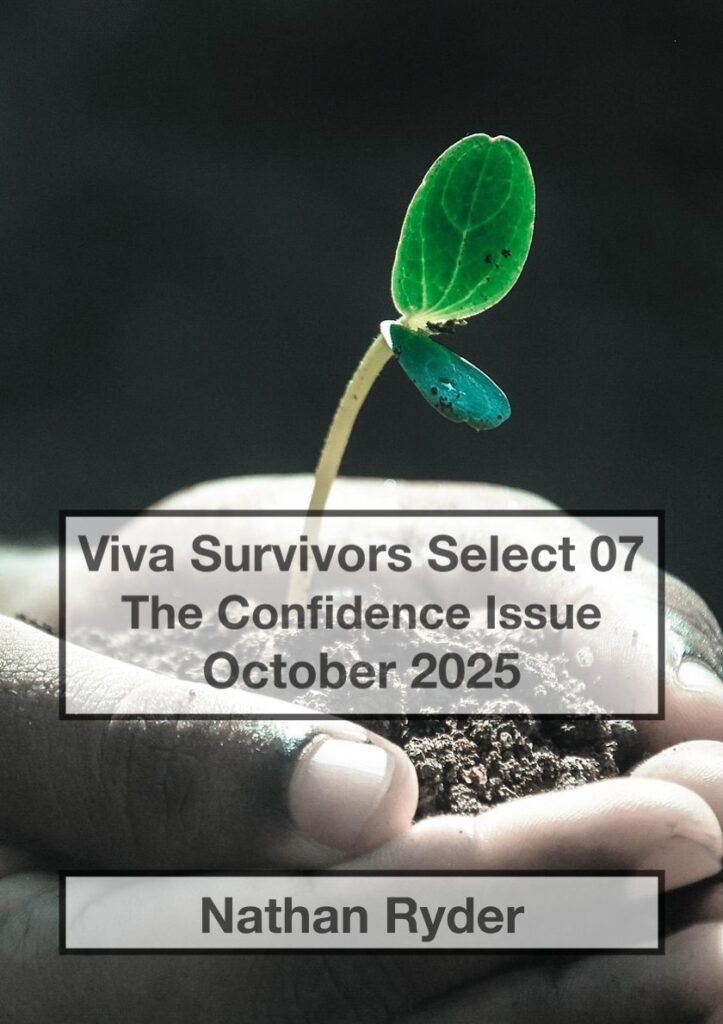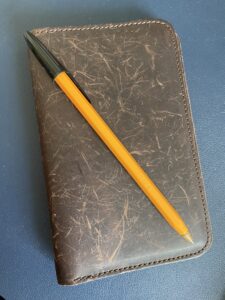Viva Survivors Select 07
It was a few years after my PhD before I started to feel confident. It took me time to find a way to build it up for myself. I didn’t find it during my PhD or ahead of my viva: I thought my thesis was pretty good but didn’t think I was a good candidate. I knew something was missing on my viva day but didn’t know what it was.
After my PhD I started to listen to podcasts, read blog posts and found books that helped me assemble a jigsaw of confidence from myself, borrowing ideas from many different places and finding what worked for me.
I’ve had the good fortune to spend my post-PhD life exploring confidence for myself and how to help other people find it for themselves. I’m glad to have the chance to share some help, encouragement and ideas in this month’s issue of Viva Survivors Select.
The Confidence Issue contains twenty posts from the Viva Survivors archive exploring confidence in the PhD, helpful practices to try during viva prep and how to respond to questions in the viva. This is a topic I’ve explored a lot over the last fifteen years and it’s great to share a curated resource like this zine.
Every issue of Viva Survivors Select also contains new help too. This month I share my thoughts on making a playlist to help promote confidence. I love using music to prompt a shift of feelings and know I’m not alone in thinking it’s a useful nudge – and nudging confidence is the theme of my other new piece, a short game to help people getting ready for their viva.
Viva Survivors Select 07 is out now for £3 and joins six other issues in this ongoing series. If you like the blog, want more help and want to support what I do then please take a look at and consider buying The Confidence Issue.
The final issue of this volume, The Survival Issue, will be released on Wednesday 12th November. I’m also considering releasing a bundle of all eight issues of Volume 1 for a special price. Let me know if you think that’s a good idea!
Please do pass on details of this issue and Viva Survivors Select to anyone you know who is looking for viva help.
Thanks for reading!
Nathan

